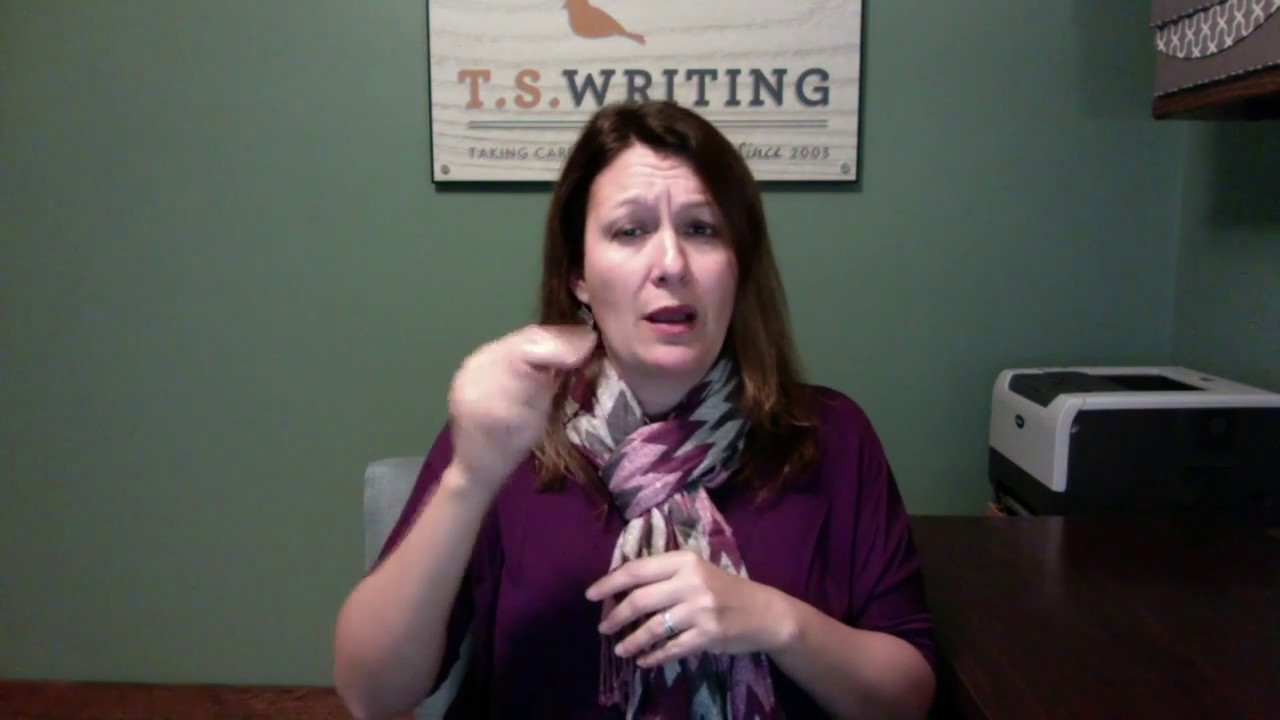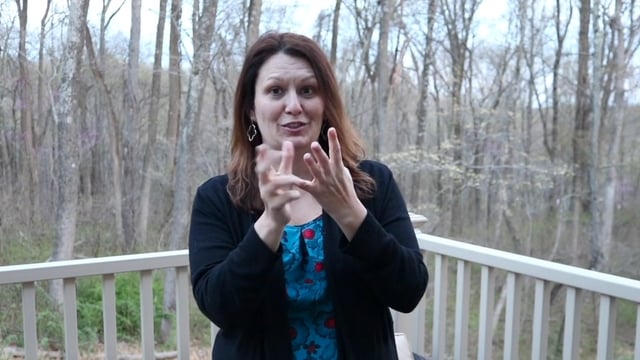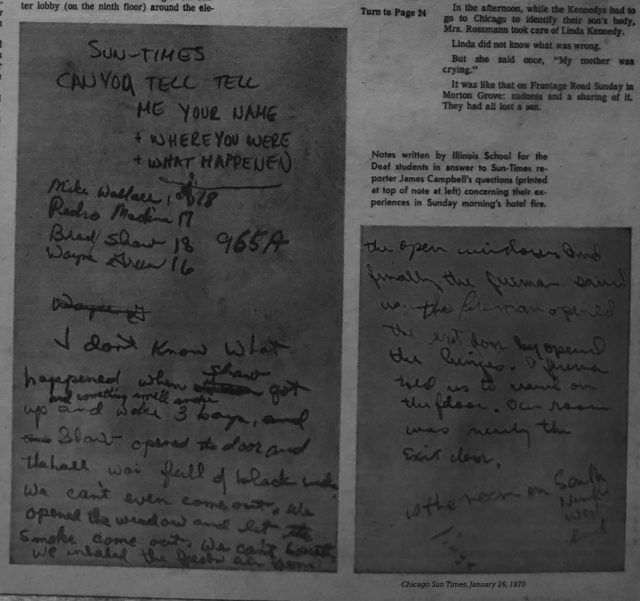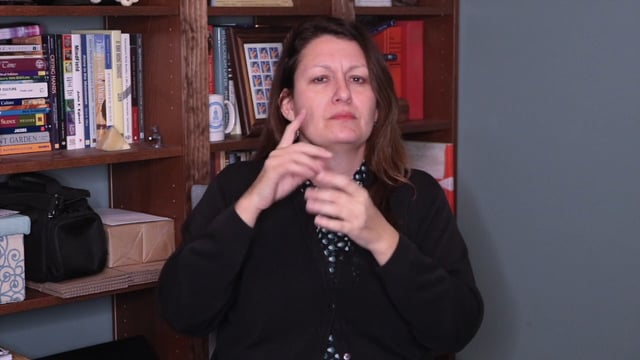This originally appeared in The Tactile Mind Weekly in Trudy’s ON HAND column.
At Deaf Way Illinois in Chicago two weekends ago, I watched TWO WORLDS APART, a short movie produced and directed by Bernard Bragg.
The movie is about a respected leader in the deaf community, Robert Wilder (Bragg), who is confronted by his former classmate’s son Ken Cook, Jr. (Matt Ellis). Cook, harboring resentment against Wilder for not “helping” Cook’s dad succeed in life, submits a proposal for Wilder’s approval. However, Wilder turns him down. Cook is enraged, and tells Wilder that he has some information that will destroy Wilder’s reputation. There’s a shocking secret revealed at the very end.
Although I desperately want to give away the ending of the movie because it’ll help make my point, I won’t.
I was fascinated by how different educational and family backgrounds brought about different reactions to the movie. When Wilder’s secret was revealed, those who grew up within the Deaf community–especially those who used to attend deaf clubs–gasped in shock. Even I sat there wide-eyed, thinking, “What a sick, sick man!” But those from mainstreamed settings thought, “Okay, so what?” They just didn’t understand the impact of this nasty secret, even after I explained my perspectives.
I believe this absolutely stems from different experiences within the deaf community. I grew up in deaf clubs–I’m probably part of the last generation that saw what the “real” deaf clubs were like. I remember watching how people would identify the “good” and “bad” leaders of Deaf clubs. Bad: “Tend pocket money, strong lie-lie, dirty business, think big-head.” Good: “Good work, involve deaf many years. Good.”
Anyone who has seen or read TALES FROM A CLUBROOM will get a wonderful insight into the various characters that often make up deaf clubs–not the deaf clubs of today (gatherings at bars), but the “real” deaf clubs of yesterday.
Even though TWO WORLDS APART wasn’t about deaf clubs, it made me think of the labels that we so quickly put on people–and how often we can be wrong. . . It doesn’t matter what type of background we come from–deaf, mainstreamed, oral, whatever–we should always be wary of people who claim to be something they’re not. Especially those who lead lives of deception like Robert Wilder.
___________________________
I finally identified at least one more deaf person working at captioning agencies. Special thanks must go to David Pierce for helping me in my search. But this convinces me even further that deaf people are sorely underrepresented at these agencies. It doesn’t matter if closed captioning benefits hearing people in addition to deaf people; these agencies should employ several deaf people at all levels, especially administration.
Copyrighted material. This article can not be copied, reproduced, or redistributed without the written consent of the author.




